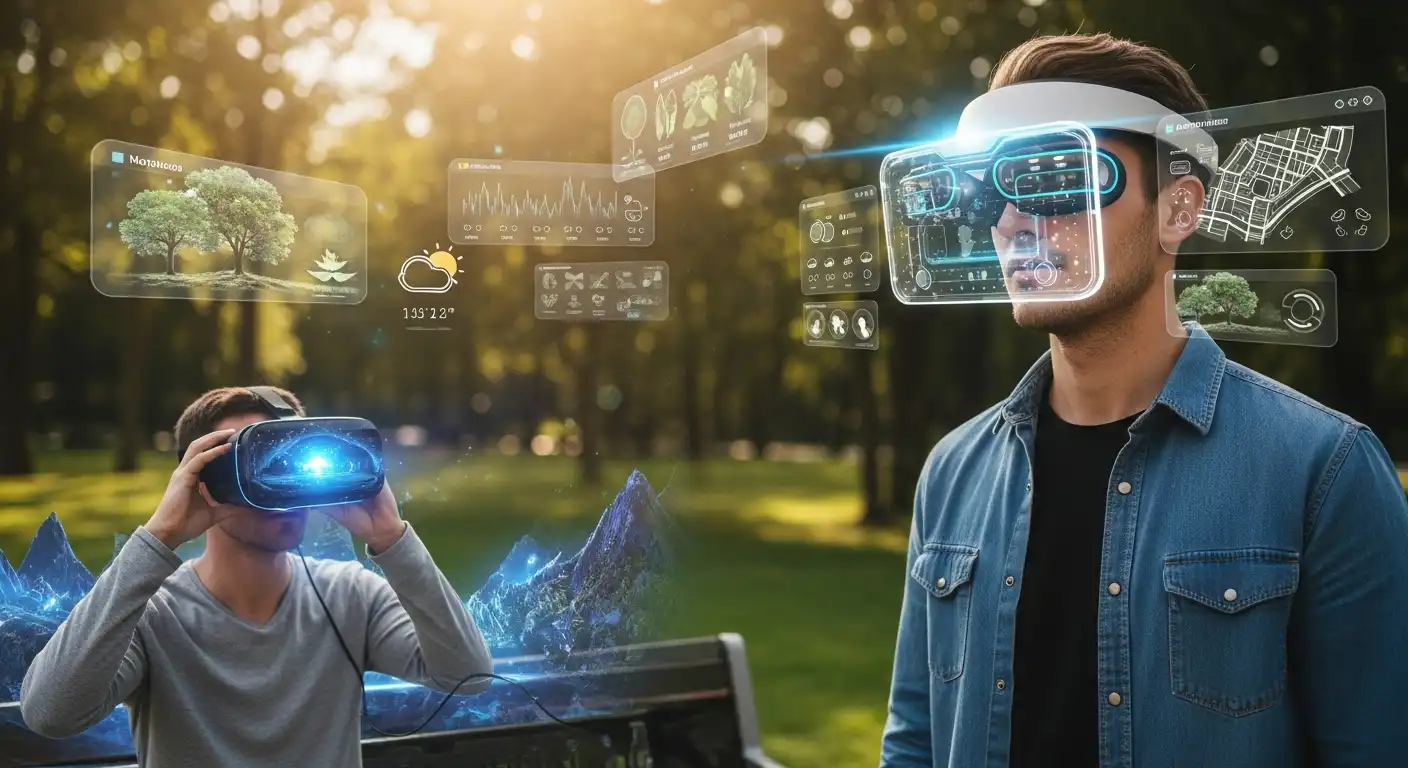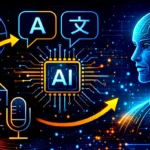The entertainment industry has long been a driving force of technological innovation, captivating audiences by pushing the boundaries of creativity and engagement. In the digital era, Artificial Intelligence (AI) has emerged as a catalyst, revolutionizing how we experience and create entertainment content. From redefining content production to delivering personalized experiences and immersive interactions, AI’s impact is reshaping the entertainment landscape in unprecedented ways.
This article delves into AI’s multifaceted influence in the entertainment industry, shedding light on how it reshapes content creation, distribution, and audience engagement, paving the way for an exciting future.
AI-Driven Content Creation
At the heart of the entertainment industry lies the art of content creation, and AI is ushering in a new era of creative exploration and collaboration. Its potential spans across various sectors.
Film and Television
AI algorithms are now employed to analyze scripts, predict audience preferences, and generate plotlines. AI can offer insights into potential box-office success by delving into vast historical box-office data sets. This helps filmmakers make informed decisions about casting, marketing, and distribution.
Music Composition
The world of music is undergoing a profound transformation with the rise of AI-generated compositions. Algorithms trained on extensive music libraries can compose melodies, harmonies, and even entire songs that rival those crafted by human artists. This has revolutionized the music industry by providing artists with new sources of inspiration and enabling them to experiment with novel genres.
Gaming
In the realm of gaming, AI’s influence is undeniable. It can generate game levels, enhance character behaviors, and construct interactive narratives. This results in immersive gaming experiences where AI adapts gameplay to players’ actions and preferences, creating a dynamic, engaging virtual world.
Personalized Experiences and Recommendations
AI’s prowess in data analysis is fundamentally transforming how audiences interact with and experience entertainment.
Streaming Services
The rise of streaming platforms is fueled by AI’s ability to analyze user behavior and offer tailored recommendations. Algorithms study viewing patterns, preferences, and feedback to curate content suggestions that resonate with individual tastes. This enhances user engagement and satisfaction, and helps content providers refine their understanding of audience preferences.
Interactive Storytelling
AI-driven interactive narratives are pushing the boundaries of storytelling. These narratives allow users to make choices influencing the story’s direction, creating personalized and engaging experiences. Audiences become active participants in the narrative, making each storytelling journey unique.
Augmented Reality and Virtual Reality
AI enhances Augmented Reality (AR) and Virtual Reality (VR) experiences by analyzing user interactions and adapting content in real time. This technology creates immersive environments where content responds to users’ movements, preferences, and actions, resulting in highly engaging and dynamic virtual experiences.
Audience Engagement and Interaction
AI technologies also play a significant role in fostering deeper connections between creators and their audiences.
Chatbots and Virtual Assistants
The entertainment industry employs AI-powered chatbots and virtual assistants to engage with fans, answer questions, and provide personalized recommendations. These virtual entities establish a direct and interactive line of communication between creators and their audience, fostering a sense of community and engagement.
Real-Time Feedback
AI’s real-time sentiment analysis tools enable creators to gauge audience reactions to content as it’s being consumed. This valuable feedback loop allows creators to make immediate adjustments based on audience responses, resulting in content that resonates more effectively with viewers.
Content Adaptation
AI’s adaptability shines in content adaptation. It can seamlessly transform content for different platforms and languages, ensuring that the core message and impact remain consistent across diverse global audiences.
Challenges and Future Possibilities
While AI offers unparalleled possibilities for the entertainment industry, several challenges require careful consideration.
Creativity vs. Algorithms
Striking a balance between AI-generated content and human creativity is a nuanced challenge. Creators must navigate the line between using AI tools to enhance their work and preserving the unique human touch that defines artistic expression.
Ethical Concerns
As AI-generated content becomes increasingly sophisticated, ethical concerns arise around proper attribution, copyright, and transparency. Addressing these concerns is crucial to maintaining trust and integrity within the entertainment industry.
Inclusivity
Ensuring that AI-driven content is inclusive and appeals to diverse audiences without reinforcing biases is essential. Careful algorithm design and ongoing monitoring are necessary to create entertainment experiences that resonate with everyone.
Conclusion
Integrating AI into the entertainment industry signifies a pivotal moment in its evolution. From redefining content creation to offering personalized experiences, AI reshapes how audiences engage with and appreciate entertainment. As AI technology advances, its potential to reshape storytelling, audience engagement, and creativity will only grow.
Embracing AI’s possibilities while addressing its challenges will empower creators and entertainment industry professionals to harness its capabilities and shape a future where entertainment reaches new heights of innovation, personalization, and engagement. The journey ahead promises to be a thrilling fusion of human imagination and AI-driven advancement, charting a course toward uncharted horizons of entertainment excellence.





